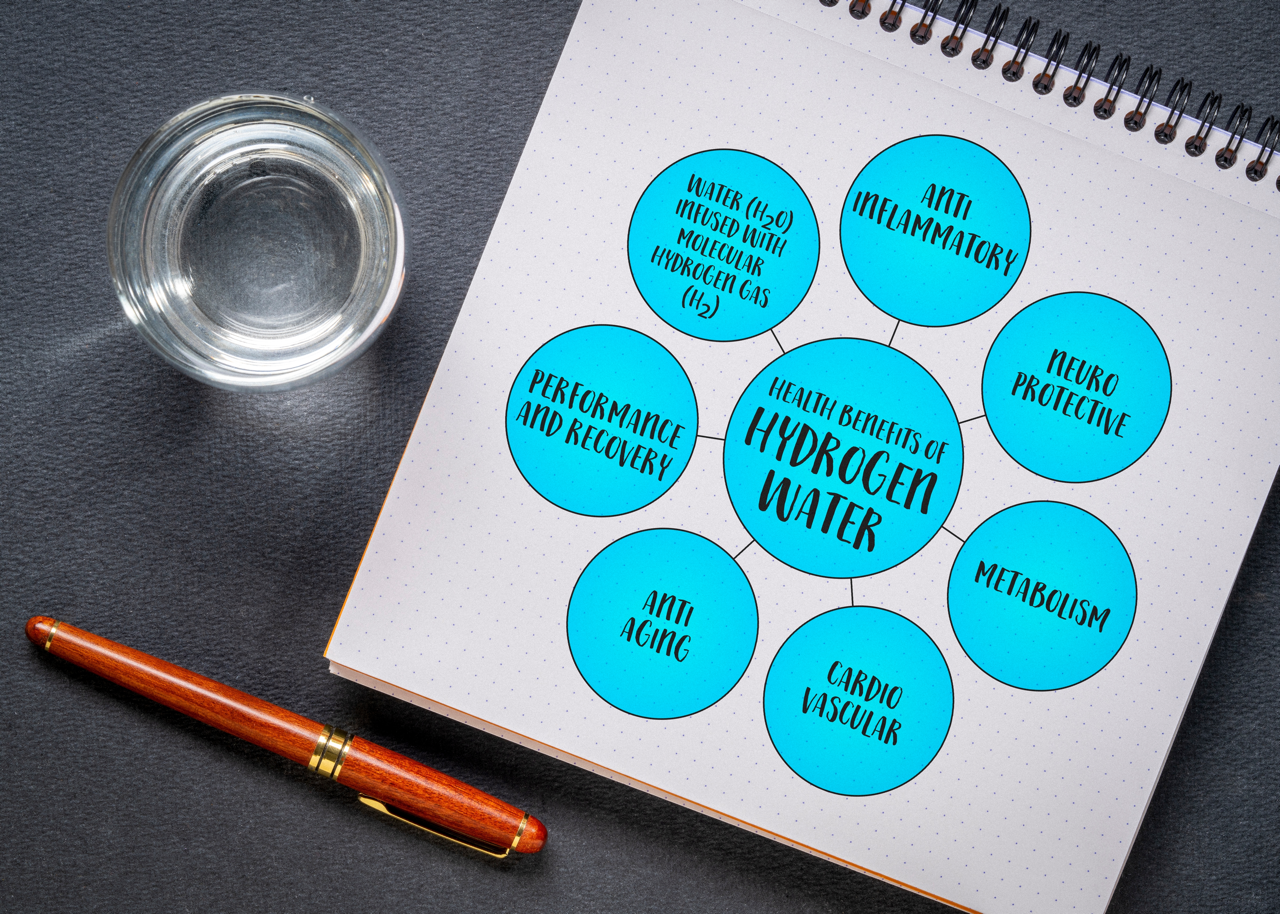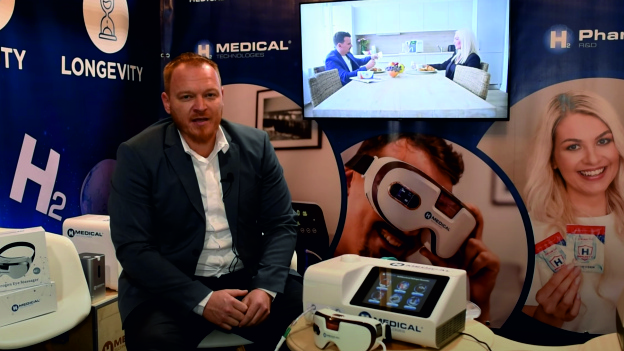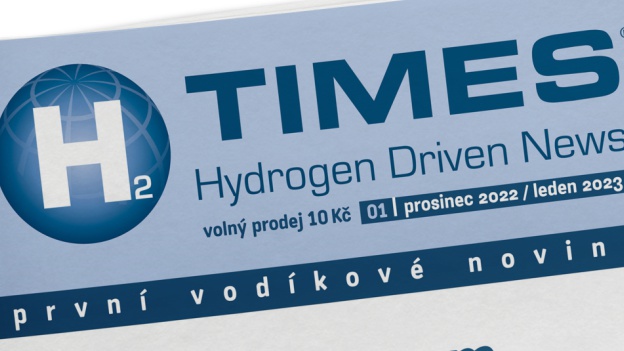Hydrogen is the lightest and simplest element in the universe and exists in several forms, the most common of which are atomic and molecular hydrogen. Although they are the same chemical element, there is a fundamental difference between the two forms in their structure and effects on human health.
The difference between molecular and atomic hydrogen
Atomic hydrogen is a single hydrogen (H) atom that is very reactive and tends to combine quickly with other atoms or molecules to reach a more stable state. Because of its instability and high reactivity, atomic hydrogen is very rare in nature.
Molecular hydrogen (H2), on the other hand, is a stable form where two hydrogen atoms share an electron to form a diatomic molecule. This form is much more stable and is commonly found, for example, in the gaseous state we know as hydrogen gas.
Why hydrogen in water is not molecular hydrogen and does not have the same effects
When we talk about hydrogen in water (H2O), it is a chemical bond between two hydrogen atoms and one oxygen atom. This bond is fixed and hydrogen in the form of H2O does not behave in the same way as free molecular hydrogen (H2). Molecular hydrogen in this form is not reactive and does not have the ability to easily penetrate cell membranes or act as an antioxidant, which is a key factor in its health benefits.

Molecular hydrogen (H2), when dissolved in water, exists as a free molecule that can rapidly penetrate cells and tissues where it acts as a selective antioxidant, meaning it can neutralize harmful free radicals without interfering with the body's beneficial oxidation processes.
Health effects of molecular hydrogen
The discovery of the health benefits of molecular hydrogen is relatively new, but very promising. Japanese biochemist Prof. Shigeo Ohta was one of the first scientists to investigate the health benefits of molecular hydrogen. His pioneering study, published in the prestigious journal Nature Medicine in 2007, showed that molecular hydrogen can act as a selective antioxidant, leading to increased interest in the topic among the scientific community.
Prof. Shigeo Ohta, who now serves as Vice President of Science and Research at the Czech company H2 Global Group, has contributed significantly to the fact that molecular hydrogen is now considered a potentially revolutionary substance in the prevention and treatment of various diseases.
Significant studies and clinical research
Since Prof. Ohta's initial study, a number of scientific studies have been published confirming the benefits of molecular hydrogen. Some of these studies include:
- Oxidative stress and inflammation: molecular hydrogen has been shown to be effective in reducing oxidative stress and inflammation, which is key to preventing chronic diseases such as cardiovascular disease and neurodegenerative disorders.
- Neuroprotection: Studies show that molecular hydrogen can protect the brain from damage caused by ischemic attacks or neurodegenerative diseases such as Alzheimer's and Parkinson's.
- Tissue regeneration and healing: Molecular hydrogen promotes wound healing and tissue regeneration, which can be beneficial in the treatment of wounds and post-surgical complications.
- Improvement in athletic performance: Some studies suggest that molecular hydrogen may improve athletic performance and speed muscle recovery after strenuous training.
Molecular hydrogen (H2) is a promising tool for improving health and preventing many diseases. Thanks to the research started by Prof. Shigeo Ohta, which is still ongoing, molecular hydrogen has become a subject of intense scientific interest. The results of the studies so far are very encouraging and suggest that molecular hydrogen could play an important role in modern medicine and the promotion of a healthy lifestyle.
Homepage photo source: Shutterstock






























